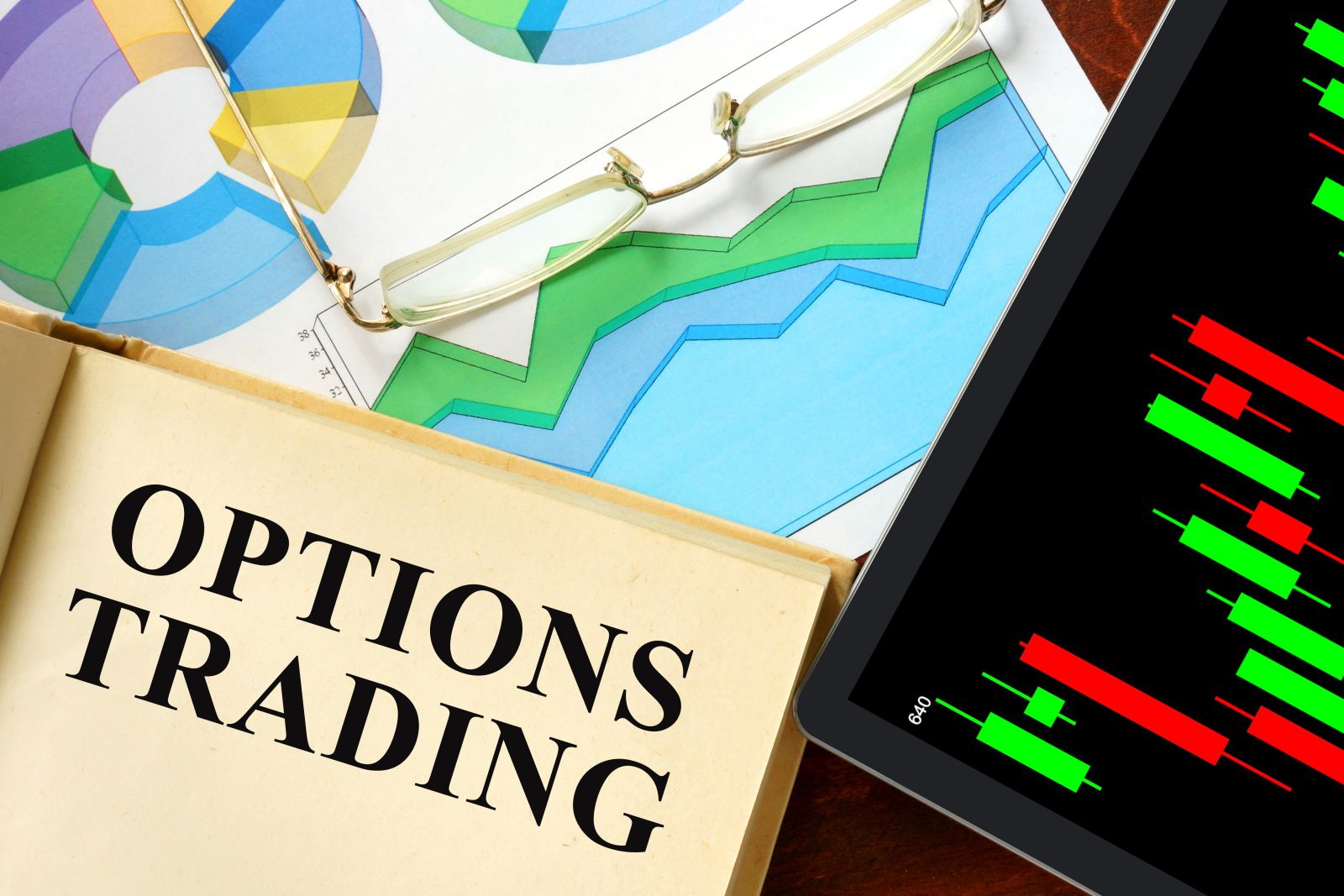
The last official long weekend of the summer starts in a few hours. Let's all make it count.
Berkshire Hathaway (BRK.B) hit the $1 trillion market cap on Wednesday, becoming the eighth company and the first non-tech stock. That's the cherry on top of the sundae for Warren Buffett and his outstanding investing career. He's made a lot of people wealthy.
The holding company had four unusually active options in Thursday trading (see below), with the highest Vol/OI (open interest) ratio of 7.42 standing out from the rest.
I’m a big fan of Warren Buffett and Berkshire Hathaway. I’ve always considered it the best mutual fund you can own because it comes with no fees while delivering consistent returns. That’s how you get to $1 trillion.
While it’s tempting to buy the Oct. 18 $475 call, I’ll explain why you should or shouldn’t.
Happy Labor Day weekend!
The Pros of the Call
The ask price of the call at yesterday's close was $8.90, a 1.9% down payment on 100 shares of Berkshire stock at $475. That’s more than reasonable.
Forget for a moment about whether it can appreciate by 2% over the next 50 days and consider the delta. It was 0.46213 at yesterday’s close. This means that Berkshire will have to appreciate by $19.26 (4.1%) over the next six or seven weeks to double your money by selling the call before expiry. The stock’s gained 6.1% over the past month, more than double the S&P 500, so it’s certainly possible.
More importantly, investors should be thinking about Berkshire's valuation at this point. Is it fairly valued? Overvalued? Or quite possibly undervalued? That's the million-dollar answer.
I've always said the best time to invest is when you have the money.
If you invest for the long term in mind, almost any time is an excellent time to own Berkshire stock, regardless of valuation metrics or concerns about Warren Buffett's age. I think it's fair to say that the company will live on long after he's gone, thanks to the company’s succession plan, so put those concerns out of your mind.
As for the valuation, a Motley Fool contributor took a stab at answering the question on Thursday. The argument made was that its operating businesses are generating huge profits. It would be undervalued if traded separately from Berkshire’s equity portfolio and cash position,
“Over the past four quarters, Berkshire has produced operating earnings of $42.1 billion from its subsidiaries,” Motley Fool wrote.
“This implies that if we back out Berkshire's stock portfolio and cash -- both of which have straightforward market values -- Berkshire's actual businesses are collectively trading for about 9.5 times trailing-12-month earnings.”
According to Finviz.com, just 17 stocks in the S&P 500 trade at a P/E of less than 9.5.
Just because it hit a $1 trillion market cap does not guarantee it is overvalued—not by a long shot. I’ve always considered the company’s true intrinsic value to be the sum of its parts after a very extended, well-executed liquidation of those parts.
It has the luxury to take its time should the next leaders choose to wind down the company.
In the end, if BRK.B stock fails to appreciate $8.90 over the next 50 days, you’ll be out $890. That’s a lot in absolute terms but not so much relative to its share price.
The Cons of the Call
I can't think of too many cons for this particular bet.
However, I'm someone who's always thinking about probability versus possibility. It's very possible for Berkshire’s stock to appreciate 2-4% over the next six or seven weeks. The question is whether it is probable.
There are approximately 252 trading days in a single year. According to Berkshire’s 2023 annual report, the company’s stock has an average annual return of 11.8% over the past decade. If you add its 29.2% return in 2024, the average increases to 13.4%.
When you divide 13.4% by 252 days, you get a daily gain of 0.053%. Perplexity AI says the markets are open 34 days between now and Oct. 18. Multiply 34 days by 0.053%, and you get 1.81%.
So, based on 11 years of returns, it’s unlikely to appreciate by 2-4% over the next 50 days. That said, it’s on track to deliver its best year since it generated a 52.2% return in 1998, nearly double the index.
Other Options to Play This Must-Own Stock
There aren't too many stocks that I like as much as Berkshire. So, I believe there is an option play here that can get you 100 shares of its stock at a better entry point.
Berkshire Hathaway’s next earnings report is expected to be Nov. 3. So, I’ll start by looking at the possibilities for the Oct. 18 expiry (the closest expiry before November) other than the $475 call.
Based on a closing price of $468.37, I’m going to start with a put strike price 10% below this, around $420, and out of the money.
The Oct. 18 $420 put has a bid price of $0.95, a Thursday volume of 258, and 808 contracts open.
If you sell these puts, the annualized return should it stay out of the money is 1.5%. While that’s significantly less than what you’d get for a short-term 90-day Treasury bill (5.11%), it’s plenty if the ultimate goal is to buy BRK.B at a lower price than where it’s currently trading.
Long and strong.
On the date of publication, Will Ashworth did not have (either directly or indirectly) positions in any of the securities mentioned in this article. All information and data in this article is solely for informational purposes. For more information please view the Barchart Disclosure Policy here.







